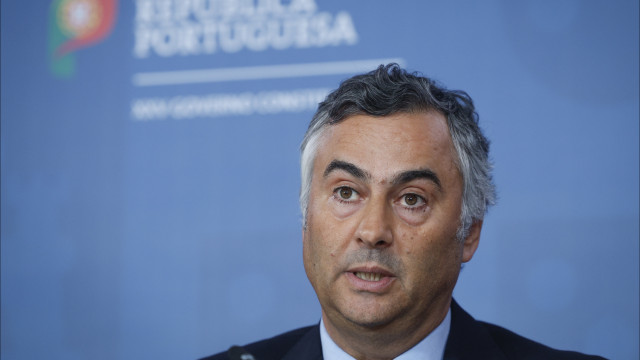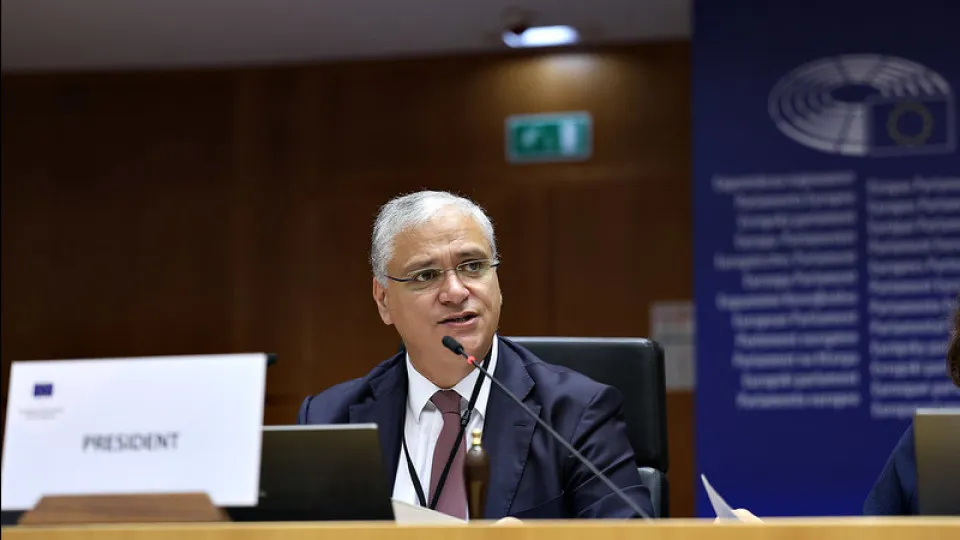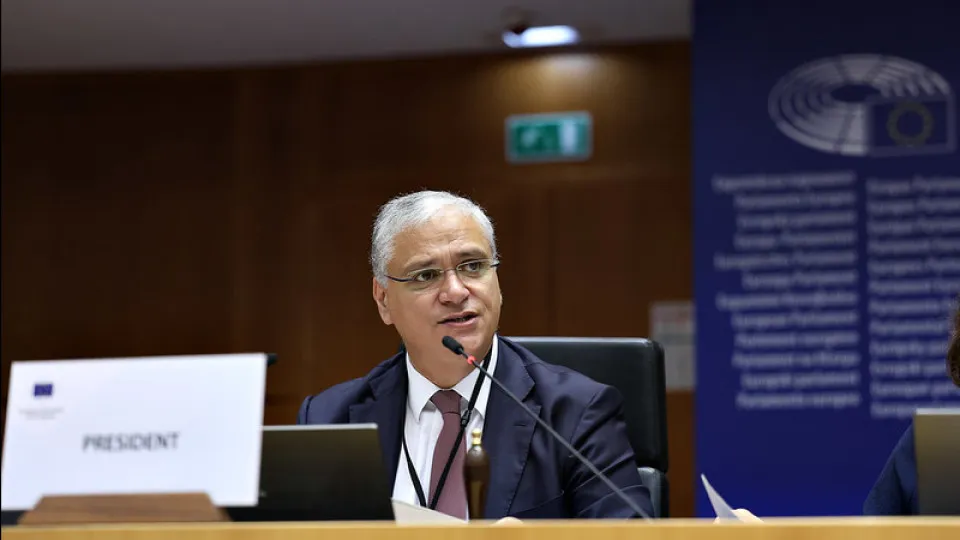“Any increase in tuition fees, even seemingly negligible, is a bad sign for the country and an additional barrier, moving the country further away from the constitutional goal of ensuring universal access to education from preschool to higher education,” states the movement in a communiqué.
The movement, which includes academic associations from Coimbra, Lisbon, Porto, the universities of Madeira, Algarve, Aveiro, Beira Interior, Évora, Minho, Trás-os-Montes e Alto Douro, and the National Federation of Associations of Students of Polytechnic Higher Education, reacted to measures announced on Tuesday by the minister of Education.
The issue concerns the unfreezing of tuition fees for undergraduate degrees starting in the 2026/2027 academic year, which have remained unchanged since 2020, and will increase from 697 to 710 euros.

The Government will unfreeze, starting in the 2026/2027 academic year, the tuition fees for undergraduate degrees, which have been unchanged since 2020 and will increase from 697 to 710 euros, announced the minister of Education today.
Lusa | 16:39 – 02/09/2025
It is a 13 euros increase, but it has been criticized by students, who consider the decision a “worrying political signal” impacting the democratization of the higher education system.
“This change opens the door for institutions to progressively increase the amounts charged in the future, moving in the opposite direction to what is enshrined in the Portuguese Republic’s Constitution,” which foresees “establishing progressively the gratuitousness of all levels of education.”
Besides undergraduate degrees, the Government also decided to unfreeze tuition fees for master’s degrees, imposing no maximum cap, and currently, some institutions charge well above 1,000 euros annually.
“This scenario risks elitizing access to higher academic degrees, creating a clear barrier between social classes,” warns the Student Movement, which emphasizes that the second cycle is “increasingly essential for professional qualification and competitiveness in the labor market.”
Student representatives believe that the 43% increase in the State Budget for school social assistance, also announced by Minister Fernando Alexandre, is insufficient.
“These measures, although relevant, are not enough to offset the negative effects of a tuition fee increase,” adds the communiqué.
In 2016, the parliament approved the maximum tuition fee freeze, on a proposal by the PCP under the State Budget for 2017.
At that time, the amount was fixed at 1,067.85 euros, having undergone successive reductions, and has been 697 euros since 2020/2021.
In January of last year, the minister of Education had already admitted the possibility of unfreezing the tuition fee, based on the conclusions of the study by the Universidade Nova de Lisboa on the social action system.
According to the conclusions of researchers from Universidade Nova de Lisboa, presented on Tuesday, the real value of scholarships awarded to needy students in higher education has fallen in the last decade, and most students say it only covers up to 20% of expenses.




